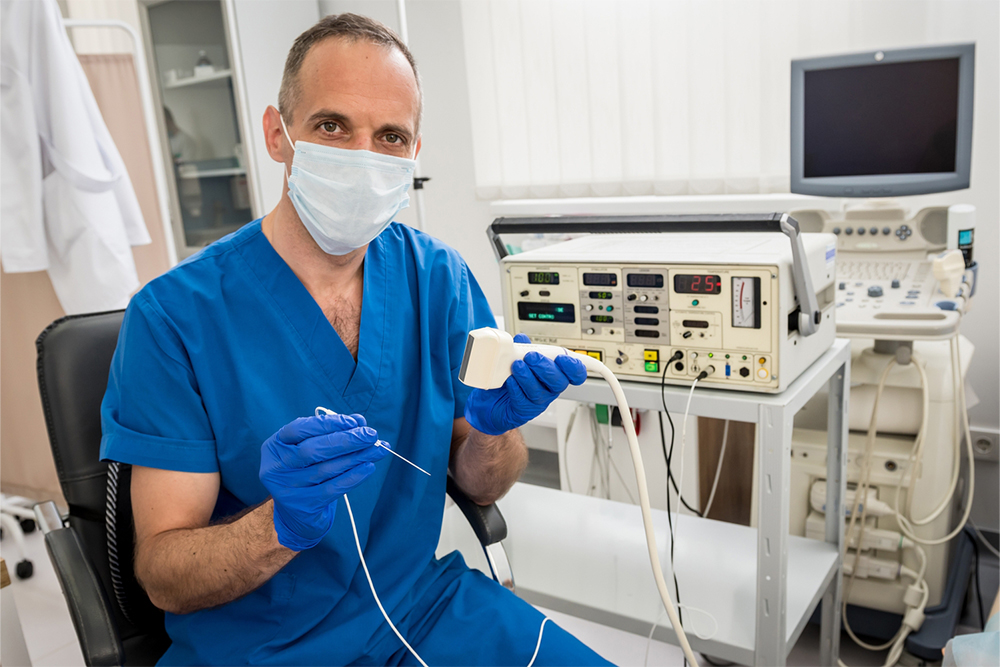Comprehensive Guide: 8 Proven Strategies to Prevent Erectile Dysfunction
This comprehensive guide provides eight proven strategies for preventing erectile dysfunction through lifestyle modifications and health management. By adopting healthier habits such as controlling alcohol intake, maintaining a healthy weight, managing chronic diseases, and prioritizing mental wellness, men can significantly reduce their risk of ED. The article emphasizes the importance of vascular health, regular exercise, and mental health support in preserving erectile function and enhancing overall well-being. Suitable for men seeking practical advice for a healthier, active sex life.

Comprehensive Guide: 8 Proven Strategies to Prevent Erectile Dysfunction
Effective methods to reduce the risk of erectile dysfunction
Erectile dysfunction (ED) is a common condition that affects men worldwide, impacting quality of life and self-confidence. While various factors contribute to ED, many of these are linked to lifestyle choices and overall health. The good news is that by adopting certain proactive strategies, men can significantly lower their risk and promote better reproductive and vascular health. In this comprehensive guide, we explore eight scientifically supported methods to help prevent erectile dysfunction and maintain a healthy, active sex life.
Limit alcohol consumption
Excessive alcohol intake is well-known to impair the nervous system, acting as a depressant that dulls reflexes and hampers sexual arousal. Long-term excessive drinking can disturb hormonal balance, cause damage to the liver and nerves, and ultimately lead to decreased testosterone levels. These changes can make it difficult for men to achieve or sustain erections. To reduce these risks, limiting alcohol intake to moderate levels or abstaining altogether is highly recommended. Responsible drinking supports overall neurological function and hormonal health, directly benefiting sexual performance.
Maintain a healthy weight
Achieving and maintaining an optimal body weight is a crucial factor in preventing ED. Obesity has been linked with numerous health issues, including cardiovascular disease, diabetes, and metabolic syndrome, all of which increase the likelihood of developing erectile problems. Excess fat, especially around the abdomen, can lead to hormonal imbalances and vascular issues, impairing blood flow to the penis. Regular exercise, portion control, and a balanced diet rich in fruits, vegetables, lean proteins, and healthy fats help promote a healthy weight, reducing the risk of ED and enhancing overall vitality.
Manage chronic health conditions
Chronic illnesses such as cardiovascular disease, diabetes, neurological disorders, and hormonal imbalances are significant contributors to ED. Proper management of these conditions through medication adherence, lifestyle adjustments, and regular medical checkups is vital. Controlling blood sugar levels, lowering blood pressure, and maintaining cholesterol within healthy ranges can preserve vascular health, ensuring adequate blood flow necessary for erections. A proactive approach to managing chronic illnesses not only improves general health but also preserves sexual function.
Protect arterial and vascular health
The ability to achieve and maintain an erection heavily relies on healthy blood flow. Narrowed or damaged arteries can restrict blood supply to the penis, leading to ED. Dietary choices play a key role here; diets high in saturated fats, trans fats, and cholesterol can contribute to arterial clogging (atherosclerosis). Incorporating heart-healthy foods like omega-3 fatty acids, fiber-rich vegetables, whole grains, and nuts can help maintain open, flexible arteries. Regular cardiovascular exercise further enhances vascular health, ensuring robust blood circulation and supporting erectile function.
Quit smoking
Smoking is a known risk factor for ED due to its damaging effects on blood vessels. Nicotine causes vasoconstriction, reducing blood flow to various organs, including the penis. Over time, smoking accelerates the development of atherosclerosis, impairing vascular health. Quitting smoking not only improves overall cardiovascular health but also restores better blood flow, which is essential for healthy erections. Support programs, nicotine replacement therapy, or counseling can assist men in overcoming tobacco dependence and safeguarding their sexual health.
Engage in regular physical activity
Consistent exercise offers numerous benefits that directly impact sexual health. Physical activity improves cardiovascular health, increases stamina, reduces stress levels, and enhances mood—all factors conducive to better sexual performance. Aerobic exercises, strength training, and flexibility routines support healthy blood flow and hormonal balance. Designing a balanced workout plan tailored to individual needs, with guidance from healthcare professionals, can amplify these benefits and combat ED risks effectively.
Limit extended cycling sessions
While cycling is a great cardiovascular workout, excessive or prolonged cycling can exert pressure on the perineal area, affecting nerves and blood vessels critical for achieving erections. To mitigate this, men should take frequent breaks during long rides, use wider, more comfortable bike seats, and adjust riding posture. Choosing the right equipment and practicing proper riding techniques can prevent nerve compression and vascular damage, helping to preserve erectile function over time.
Prioritize mental health and stress management
Psychological factors significantly influence sexual performance. Stress, anxiety, depression, and mental fatigue can contribute to ED by impairing libido and arousal. Addressing mental health through counseling, mindfulness practices, meditation, and relaxation techniques is essential. Building emotional resilience and reducing psychological stressors create a positive mental environment conducive to healthy sexual activity. Open communication with partners and seeking professional support when needed can further improve mental well-being and sexual function.
Adopting these eight strategies can dramatically reduce the risk of developing erectile dysfunction and promote overall health and well-being. Men are encouraged to integrate healthy lifestyle choices into their daily routines, seek medical advice when necessary, and stay proactive about their sexual health. Prevention is always better than treatment, and with consistent effort, maintaining a vibrant and fulfilling sex life is achievable for most men.





